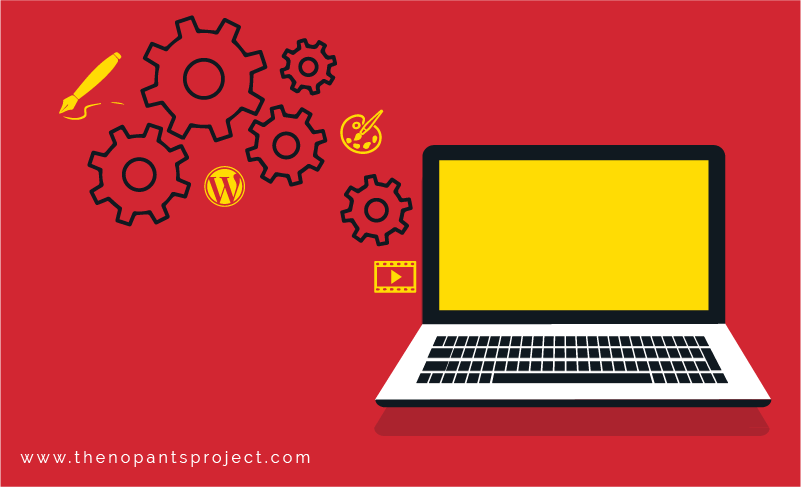If you’re just starting out or a beginner freelancer, you’re probably trying to figure out how to make this freelancing things actually work for you.
According to the “Freelancing in America: 2016” survey conducted by the Freelancers Union and Elance-oDesk, freelancers now make up 35% of the total U.S. workforce.
That is approximately 55 million workers, up a heaping 2 million persons from 2014. The survey also revealed that 66% of the freelancers reported that the amount of work they obtained had increased since the prior year.
“Freelancing is the new normal”, shared the Freelancers Union after the results were shared for the inaugural survey in 2014.
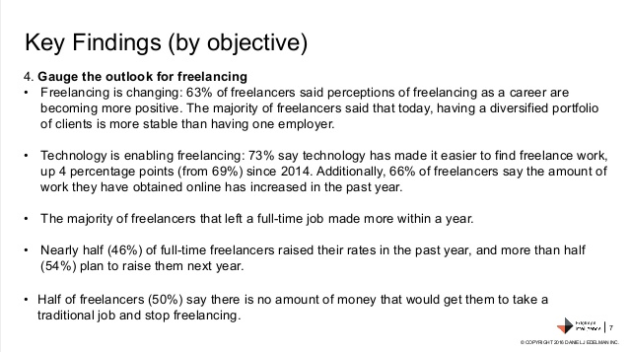
Now is the perfect time to begin your freelance career. Get the ball rolling with these 10 tips for beginners:
1. Find Your Why
The world has changed so drastically in the last twenty years yet many of us are still following archaic ways of living that have been employed since the Industrial Revolution.
Your why is your ultimate motivation that will make you break out of the system that we have been institutionalized in since childhood.
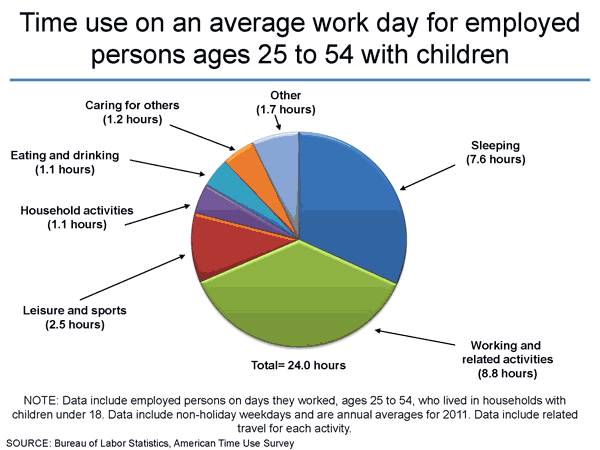
What is your why? Is it having more than 2 weeks vacation time during a calendar year? Is it because you want to sleep in or be able to go to the grocery store during off hours??
Hey, no judgment here, but you have to find your why, and own it.

Philosopher Frederick Nietzsche famously said “he who has a why to live can bear almost any how”.
2. Find Your Super Power
As you enter the workforce as a freelancer you have the opportunity to turn your life around.
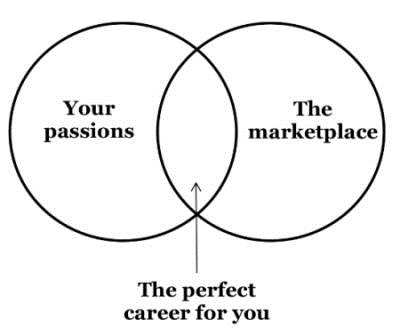
It’s okay to test the waters when you start out but your main objective is to find something you are passionate about and that can make you money, and then just do that.
This is your super power. Figuring out your anti-commodity is the first step to becoming a fruitful freelancer.
Once you have figured out your super power, follow these steps to be viewed as an expert in your niche:
1. Hone in on your craft
2. Practice it
3. Repeat
3. Focus
Simply put, work when you are working.
You don’t have to work for 8 hour blocks, but when you do block off time to work then you have to actually do it.
If you want to free yourself from “the man” then prove to yourself that you don’t need a babysitter.
According to an infographic shared by entrepreneur.com, employees only spend 45% of their time actually working while at their 9-5’s.
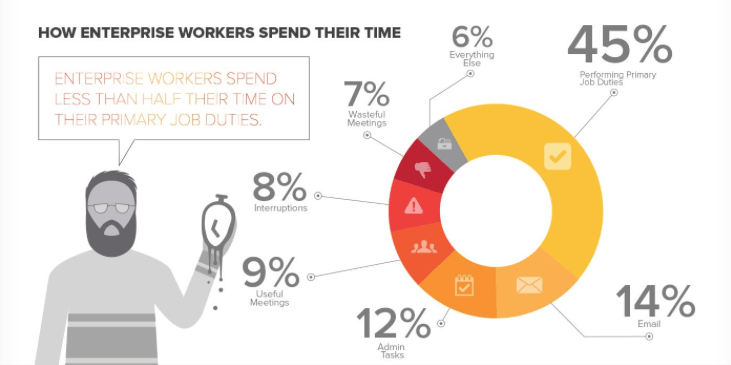
In an article for Inc.com, Melanie Curtin stated that when factoring in the time for lunch breaks, checking social media, non-work banter, etc. the average worker spends only 2 hours and 53 minutes out of an 8 hour day being productive at work!
Being a freelancer means that you won’t be able to slack off like these workers any longer, however, you will feel more rewarded from the work that you are doing.
Apps such as TopTracker and RescueTime are great time-tracking apps to help you to stay on task.
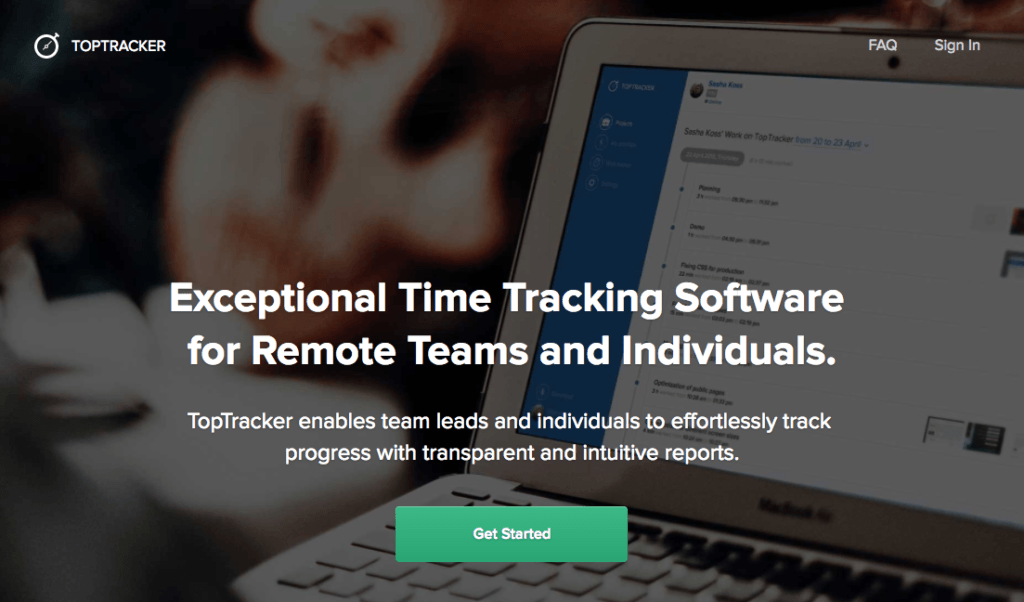
4. Get Social
When you begin your freelancing career it is smart to reach out to all of your personal connections and ask for referrals.
Getting a lead about a potential client in need of a hand through a friend or even an acquaintance greatly improves your chances of being hired.

Elizabeth Hanes – a registered nurse who makes an extra 6 figures per year writing for health brands – says that freelancing is 75% marketing and 25% writing.
Brad Schepp, writer and content strategist recommends that you follow companies in your desired field and interact with them.
Find a LinkedIn or Facebook Group that is in your desired niche. Many groups have 1,000’s of members that are on the site several times throughout the week willing to share information as well as be a sounding board for any questions that you may have.
Share relevant articles, participate in debates and polls, and answer questions that you have helpful information on.
Also, searching hashtags on Twitter is an easy way to find others who share your interests.
The Undercover Recruiter suggests using Google’s free tool Google Alerts to keep you aware of when companies that you are interested in post job openings. This will save you from having to constantly check job boards.
5. Financial Prep
If you are working a full-time job and are serious about becoming a full-time freelancer you will have to really hustle. If possible set aside 6 months worth of funds to use as a buffer as you enter into freelancing.
Get your side hustle going to where you have a handful of well-paying clients before you even think about putting in your two weeks notice.
I know the thought of throwing up the deuces to your boss excites you but you must have patience young Padawan.
You have to work hard and work smart.
Have a smart pricing strategy. Use your pricing to increase your income and decrease the amount of hours that you work.
Know how much you need to make the transition comfortably into full-time freelancing.
Laura Shin, Senior Editor for Forbes Magazine says:
“Even if you think you’re going to be teaching yoga or coding mobile apps or designing websites, first and foremost, you’ll be running a business.”
6. Have The Skills To Pay The Bills
Be honest with yourself, do you have the skills relevant to perform the job that you are after? To be a successful freelancer mediocrity is not an option.
Use Glassdoor or LinkedIn to search for your desired job title. Look at as many similar job descriptions as you can to determine what skills are necessary and also what are nice add-ons to have.
You need to be a forever learner.

This is especially essential if you are breaking into a new field.
If you feel that you are not proficient there are many websites that allow you to brush up on skills or learn a new talent entirely. Udemy, Khan Academy, Coursera, and Lynda are just a few examples of online learning websites. Invest in yourself.
7. The Power of The Portfolio
A portfolio is no longer only reserved for those in a creative field. According to Workfolio, 56% of all hiring managers are more impressed by a candidate having a personal website or portfolio than any other branding tool.
Humans are naturally visual creatures, so having a portfolio link with relevant work samples in your initial email to your prospective client will greatly increase your odds of getting a call back.
It also casts you as more professional and gives the client the opportunity to see if you both will be a good fit for each other.
Some things to include in your portfolio are:
- Your resume
- Work samples –if you are not in a visual field, this can include mock-ups or screenshots of projects specific to your industry
- Noteworthy accomplishments
- Letters of recommendation
- Copies of certifications
- Performance Reviews
There are several ways to go about creating a portfolio, sites like Dunked, Carbonmade, and Wix allow you to customize the look of your portfolio and are user friendly – just drag and drop, no coding knowledge required.
Always remember, with portfolios quality is better than quantity, 10 fantastic representations of your work will trump 50 unexceptional pieces of work every time.
8. Perfect Your Elevator Pitch
An elevator pitch is a term used to describe a quick summary that outlines a product or for entrepreneurs, it usually promotes your service in a short period of time – usually 20-60 seconds – the length of an elevator ride.
Bill Joos – VP of Entrepreneur Development at Garage Technology Ventures says the key to perfecting your pitch is to “assume short buildings”.
An elevator pitch can help you make the most of every first impression, while making networking situations easier and more productive.
There are three things that your elevator pitch should do:
- Identify a problem – usually by way of a question
- Give a concise version of what you do
- Provide a call to action
Keep your pitch simple enough that a 7th grader could understand it – avoid using jargon.
9. Set a Timeline
Being a successful freelancer means setting and achieving goals. Timelines are a great way to ensure that you have a goal that you are working towards and that you actually are moving towards that objective.
Have you ever noticed that it doesn’t matter if you have 3 months or 3 weeks to complete a project; you are always scrambling to complete the work 2 days before it’s due.
The good news is that at least the project got done.
Many times, if we do not have a confirmed date or a desired outcome defined in our minds then we do not have anything that we are able to measure our goal against.
If you tell yourself “I will quit my job when I get more money saved,” chances are that you won’t be leaving that job anytime soon because you haven’t given yourself a numeric value.
If you instead say, “I will leave my job after I save $10,000,” you have given yourself something tangible to work towards.
In his book ‘No Excuses’, Brian Tracy famously says probably 80% of the population lives on Someday Isle – that magical, comfortable place where you procrastinate and tell yourself “someday I’ll…lose weight” or “someday I’ll…make more money”.
Don’t live on Someday Isle – break your goals down, create an outline, set realistic deadlines, and get moving.
10. Go The Extra Mile
The extra mile is what will get you remembered. The average person does not believe in hard work or personal sacrifice – they just think they do.
On his website Gary Vaynerchuk wrote a post titled, ‘The day I decided to become Gary Vee.’
In the post he says, “There is no quick fix. No elevator to success. The hard work really matters and the patience is what overrides it.”
He also explains that a few weeks after he realized that his actions didn’t match his ambitions he took the first steps towards change.
Gary created his Wine Library TV channel on YouTube where he recorded and posted videos daily for almost two years before he got any real traction.
Being completely honest, I don’t know if I would have been able to put myself out there daily for two years without anybody’s feedback and approval.
Most of us give up if we don’t see results after a month.
As Adam Chudy describes:
“Did you really want that job you applied for? So did the other 1,000 online applicants. How many of them do you think got on LinkedIn and reached out personally to the hiring manager or someone in the organization? I can promise you it was a lot less than 1,000. How many of those who emailed, called the front desk, asked for that person, and left them a personal message? Probably nobody. Maybe 1.”
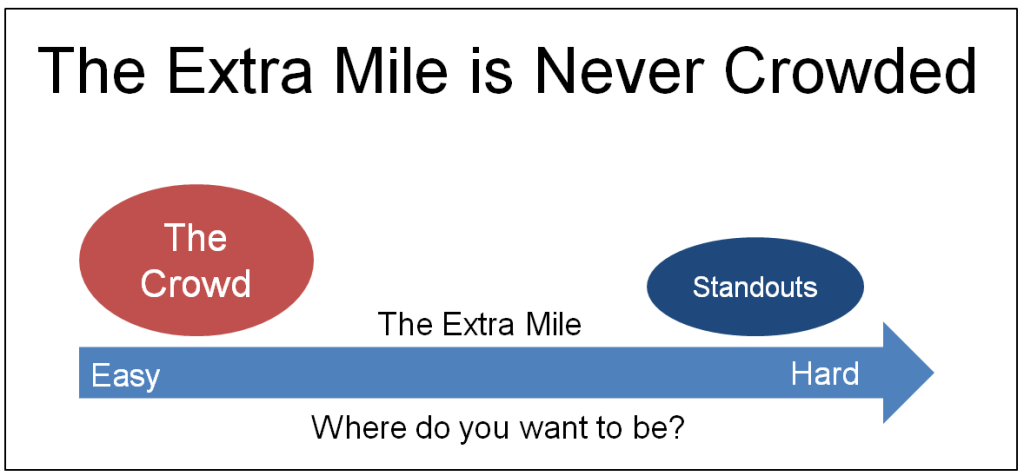
I’m sure you are working hard, but figure out how you can work harder. What actions do you need to take to push past the herd?
Conclusion
Entering into freelancing is easier than ever, and the best time to begin to cast yourself as an expert in your chosen field is now.
Do your research. Network. Sharpen your skills. Get paid what you are worth.
Use the 10 tips above to begin receiving the benefits of becoming your own boss.
One in three workers are freelancing. Don’t wait any longer.

